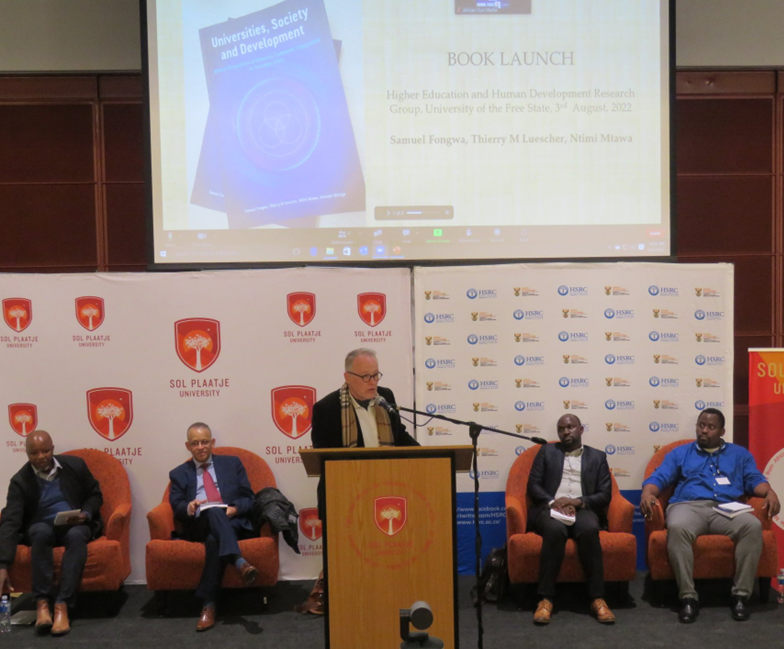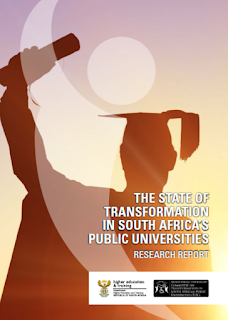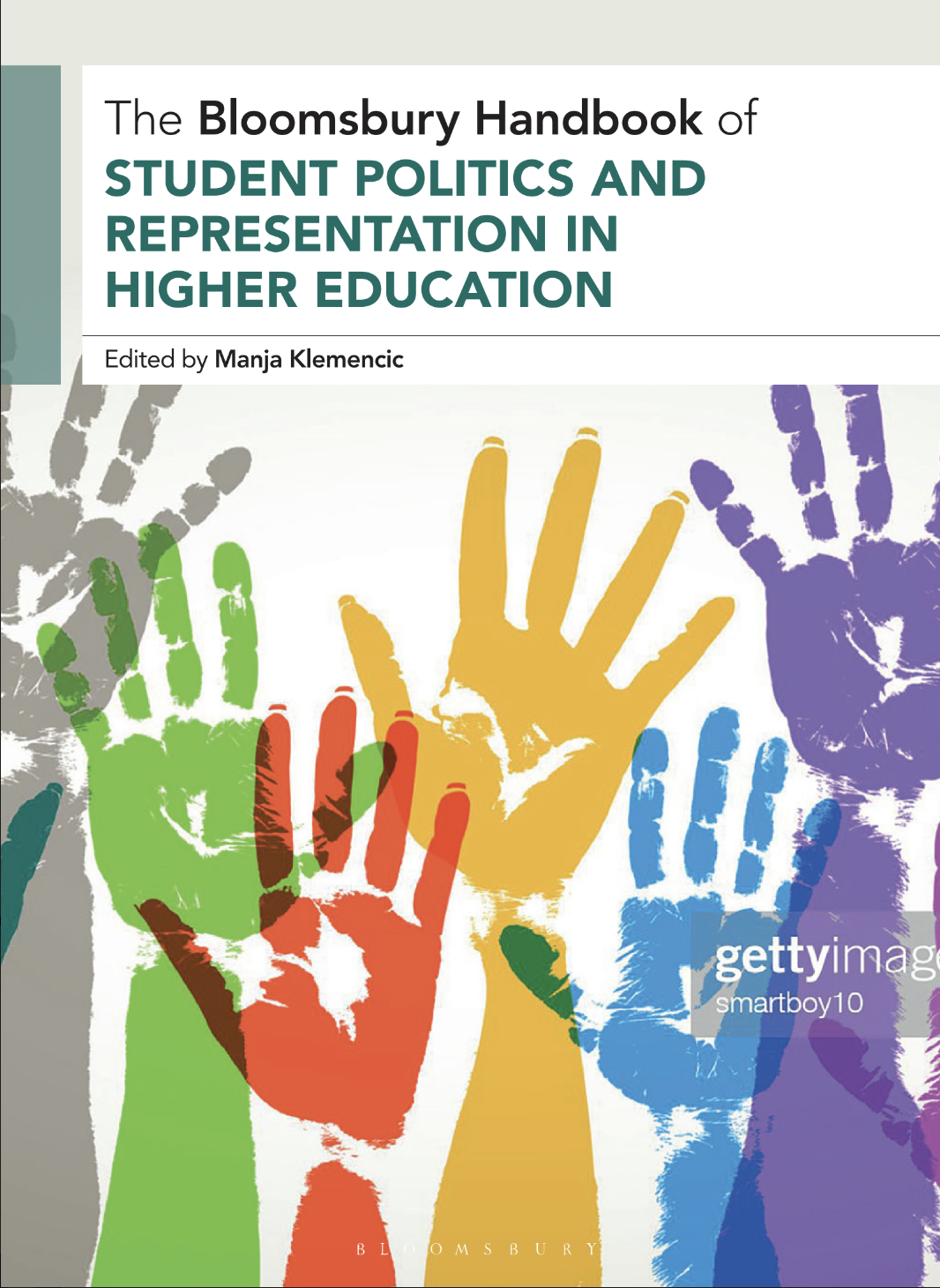My contribution to date has been as a project 'learning activity' leader and liaison researcher for the Rwandan tertiary alumni cohort. The multi-million, multi-year project is divided into several sub-projects or learning activities, which includes a large-scale tracer study (surveys running for several years); in-depth interviews and other work (like social network interviews, annual self-reflections on goals and progress, and the like) with several hundred tertiary alumni across Africa; documentary and pod-cast production with and by alumni as well as the creation of a virtual museum; and reflective research on transformative leadership, social consciousness, post-education pathways, and so forth.
My sub-project is forward-looking and asks: What are the developments, ruptures and innovations, in African higher education, that help us to (re-)imagine the African university?
I am working with a fantastic core team including Dr Angelique Wildschut, Prof. Crain Soudien and Ms Vuyiswa Mathambo, to mention but a few. We are supported in our work by Prof David Everatt (Wits), Prof Lebo Moletsane (UKZN), Prof Catherine Odora-Hoppers (Gulu), Dr James Otieno Jowi (Anie / East African Commuity), and several other HE experts.
Among the main activities in our sub-project has been to interview a diversity of African higher education 'thought-leaders' - that is experts in different areas; persons with great insight and imagination - on the present and future of the African university. They include some of the most recognizable names in African higher education studies across different professions, disciplines, roles and contexts, including for example Prof Goolam Mohamedbhai, Prof Tade Aina, Prof Paul Zeleza, Prof Tshilidzi Marwala, Mr Rekgotsofetse Chikane, Prof Teboho Moja, Dr Birgit Schreiber, Prof Laura Czerniewicz, Prof Sabelo Ndlovu-Gatsheni, Prof Achille Mbembe, Dr Doyin Atewologun, Prof Reitumetse Mabokela, Prof Cheryl de la Rey, Prof Madeleine Arnot, and so forth.
The interview transcripts are freely available for download at https://hsrc.ac.za/our-research/learning-activity-4-reimagining-the-african-university/ and we have published short articles on all of these interviews in the Africa Edition (and Global Edition) of University World News Africa, co-authored by Mark Patterson and I.
As the next big leap in this The Imprint of Education project, I am happy to announce that we are fast moving forward with compiling a fantastic book that captures the innovativeness in African higher education and shows what ideas and practices anticipate a new kind of African university, that is more relevant, decolonised, open, and excellent, than what any of us may be able to imagine.



_picture.jpg)
















